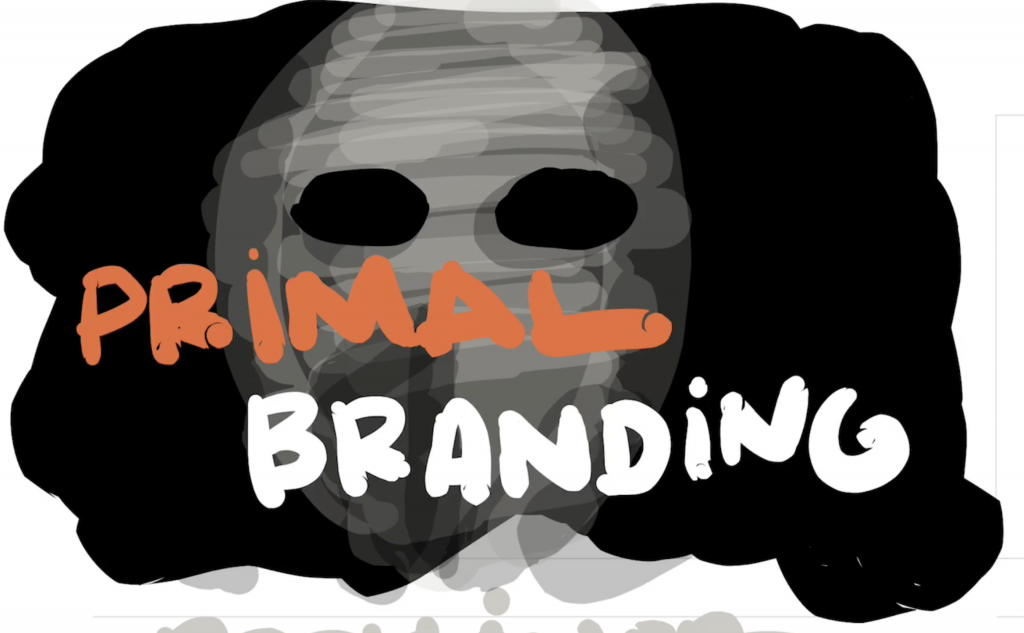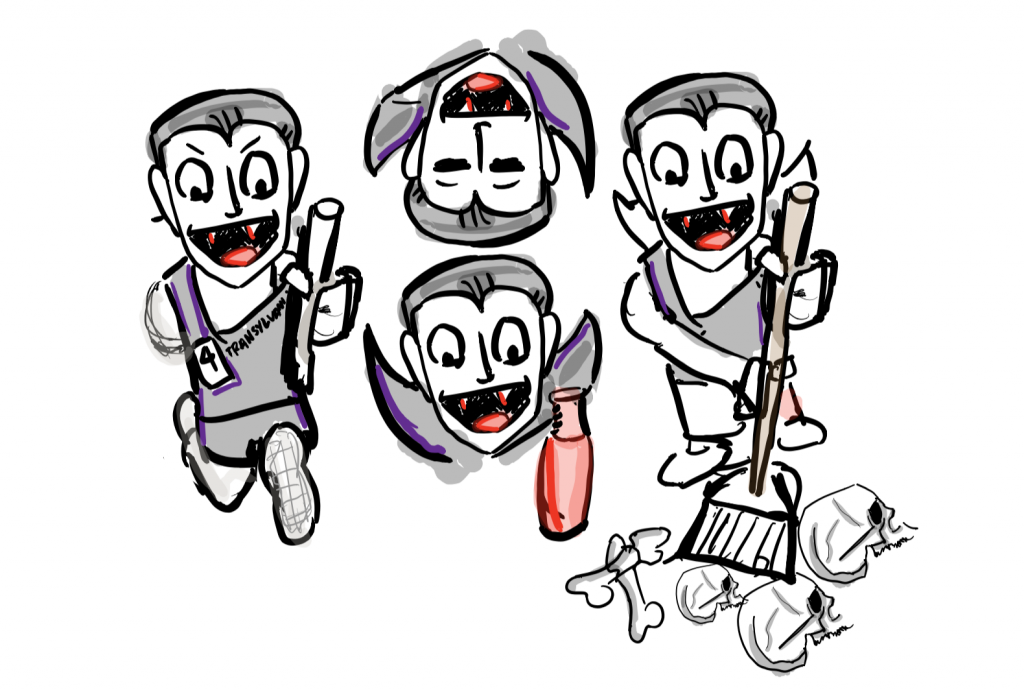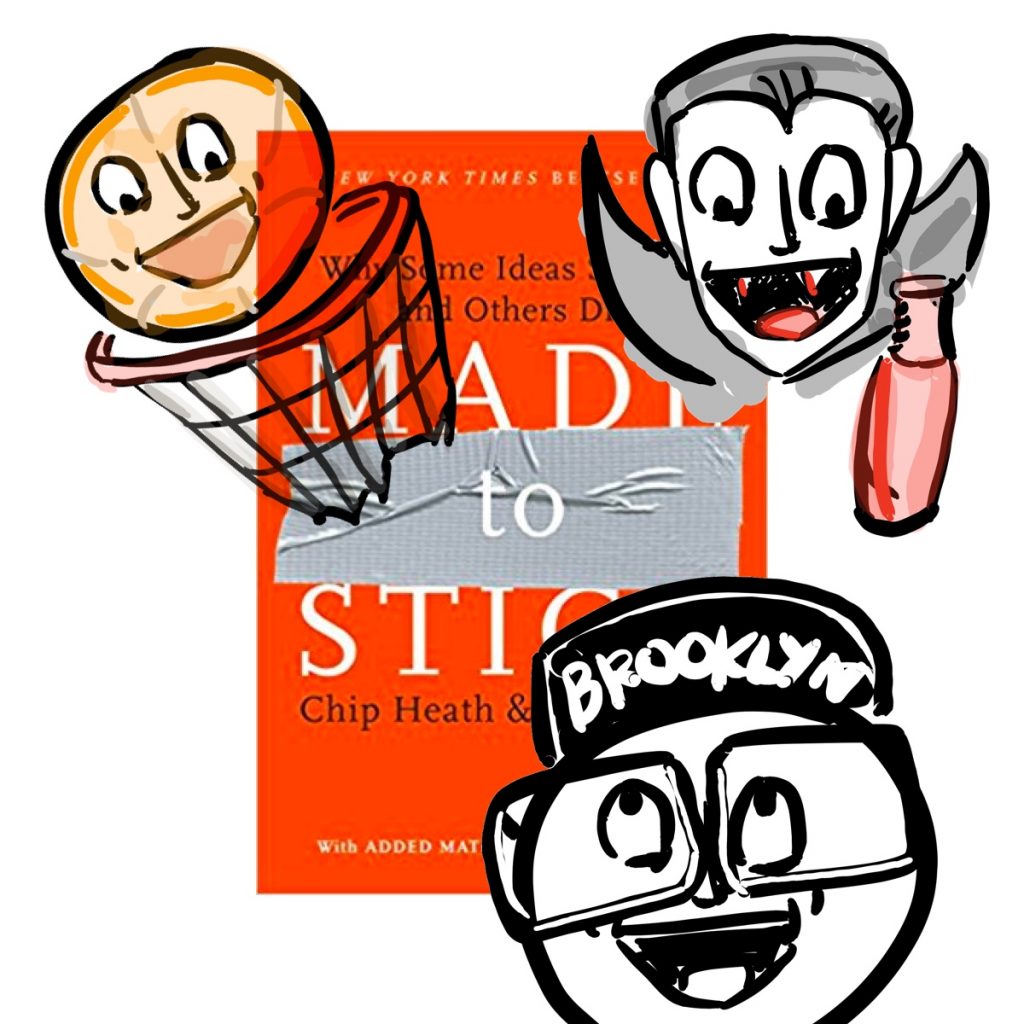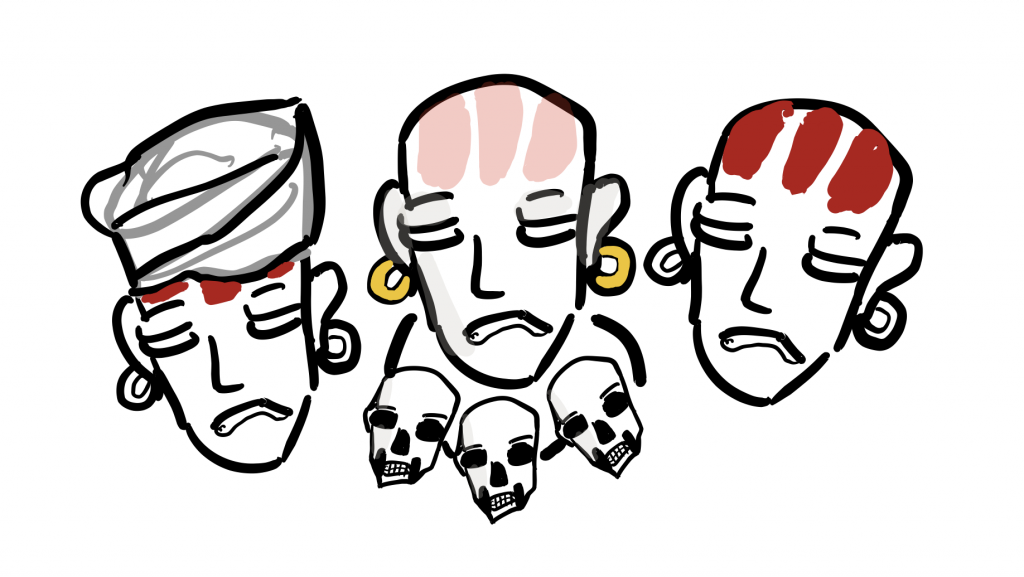Here are some questions I’ve had lately regarding this site and what I’ve been trying to make lately. I’ll work through these. I’m in no rush.
- What do I actually want to make? I want to write. I want to make videos. I want to make the podcast. I want to draw. I’m figuring out what order I want to do those things in.
- Do I want to focus on books? Sort of. I’ve been reading a lot this year so it’d be good to share some of what I’m enjoying. I’m not sure if it’s interesting to other people. Then again, it’s up to me to make it interesting to other people. Quantity over quality might be a good idea right now but it might just lead to aimless things like this post.
- What do I enjoy reading myself? I’ve always loved content from Bill Simmons and then Grantland and now The Ringer. I also enjoy everything from Barking Up The Wrong Tree. I subscribe to Stratechery. I can start by being a terrible imitation of them.
- Why am I doing this? I’m not clear on this. I want to be a better writer. On an episode of The Showrunner podcast, they said that you should make sure your podcast focused on one of these three things: entertaining others, educating, or inspiring. I want to focus on entertaining others, but I’m a long way off from that. Why do I want to entertain others? It seems like the most fun route of the three. And it’s challenging.

















